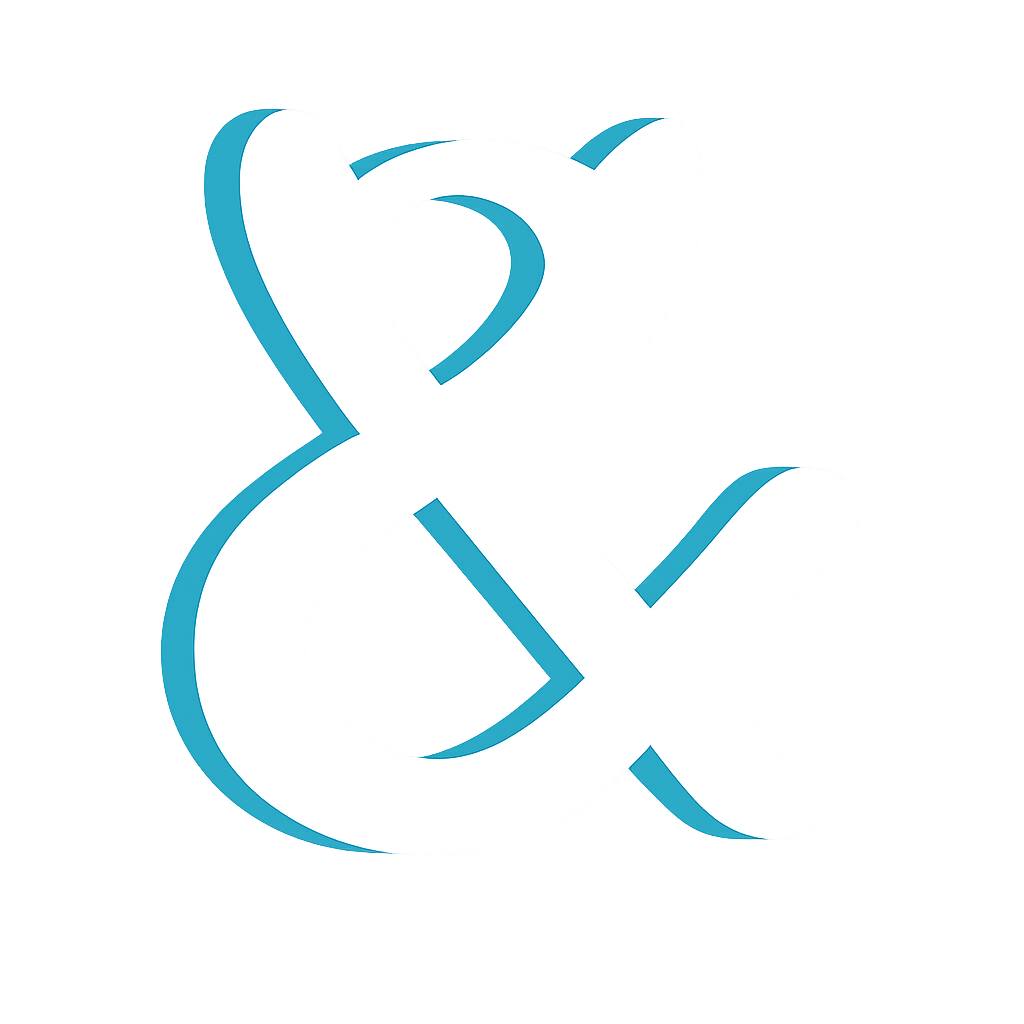Unpacking labels and ability to learn
Labels can be very useful in day-to-day life to communicate with each other faster. It might get tricky once the label becomes a force that we tend to blame for certain behaviours. I would like to encourage you to start unpacking the labels to find solutions. We and our animals are not doomed to our current circumstances. We can make progress, we can learn and we can change our current behaviours.
What does science-based even mean?
I often say that my animal training is science-based but what does that even mean and why would that matter?
You don’t have to change someone’s beliefs to change their behaviour
Allow people to have their choices and time to test things you are recommending. Even if you don’t like what they are doing, don’t judge them but try to understand. It won’t be easy to stop judging people but when you change yourself before you demand it from others, you will see how your change influences everyone around you.
How can we use what we learn in dog training to our own behaviour?
From this blog, you can learn steps to train your dog a 'wait' or ‘stay’ cue but also how you can transfer/use what you learn to enhance your learning and to get better at creating new habits for yourself.
How to make your pet’s life more interesting?
When your dog or cat is entertained, you will have far less behavioural problems with them! Read more to get some ideas on how to make your pet's life more interesting.
Negative reinforcement – are you using it unknowingly?
How often do we stop and think about the way we interact with others (including animals)? We raise our voices when we talk with people who we think don’t listen to us. We pull the leash on our dogs’ collars to make them come the other way. We laugh at people, we grin, we give nasty comments without ever thinking what effect it has on them. Even if something works, it doesn’t mean it can’t be improved.






